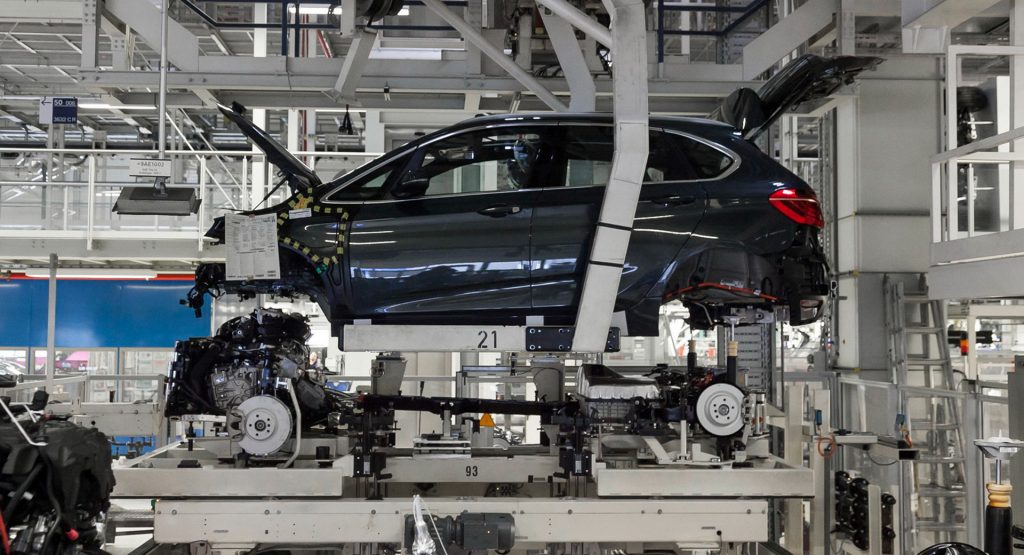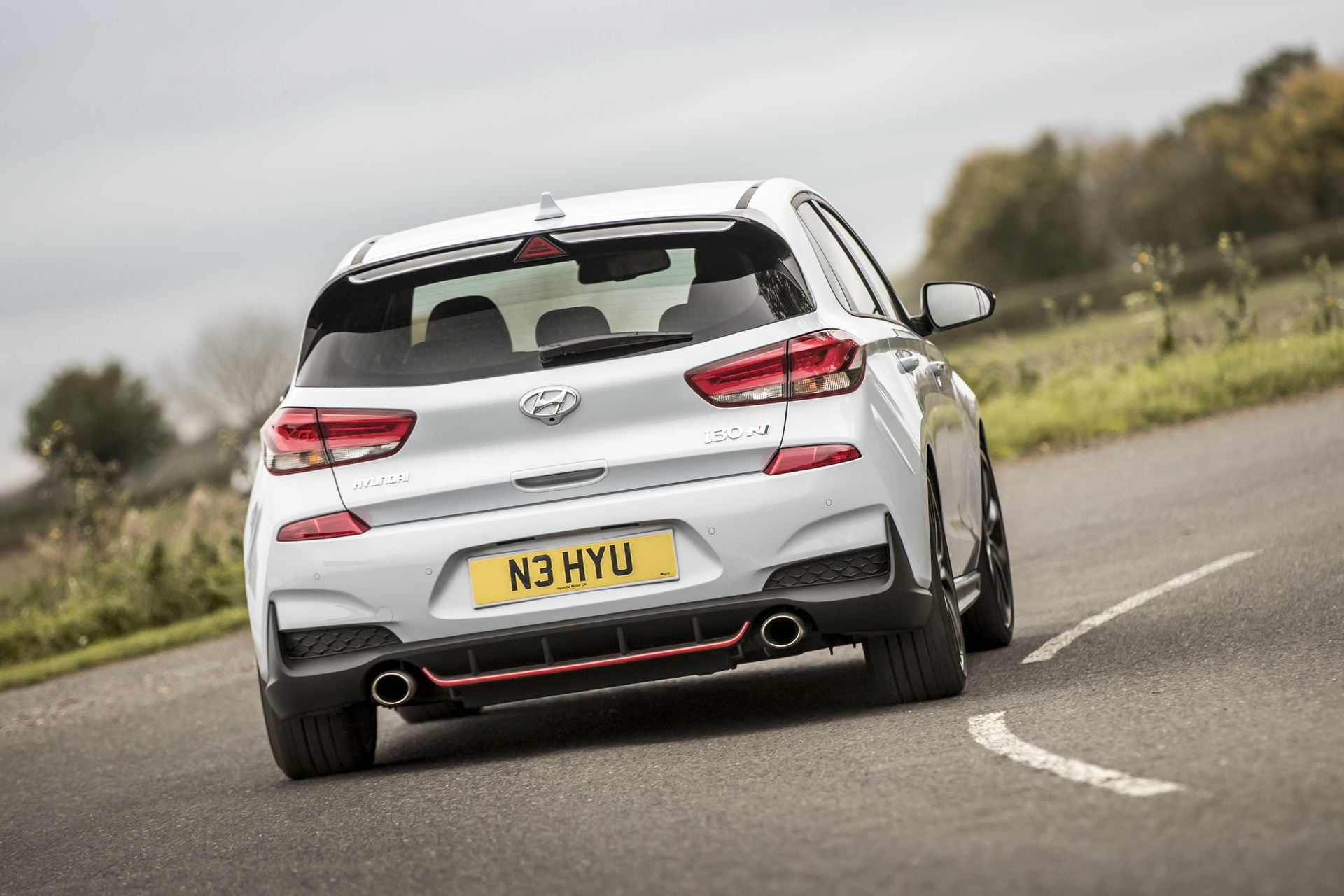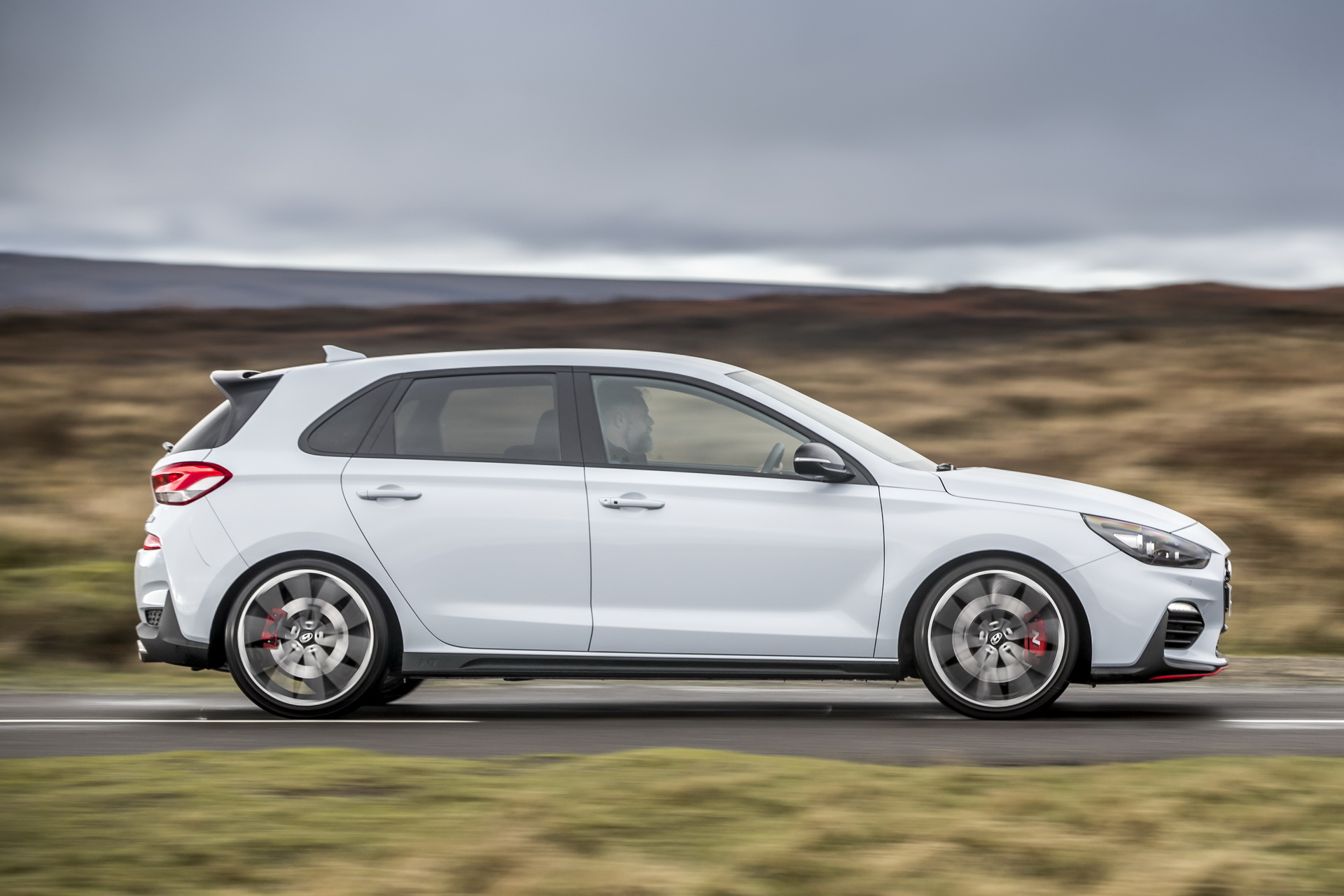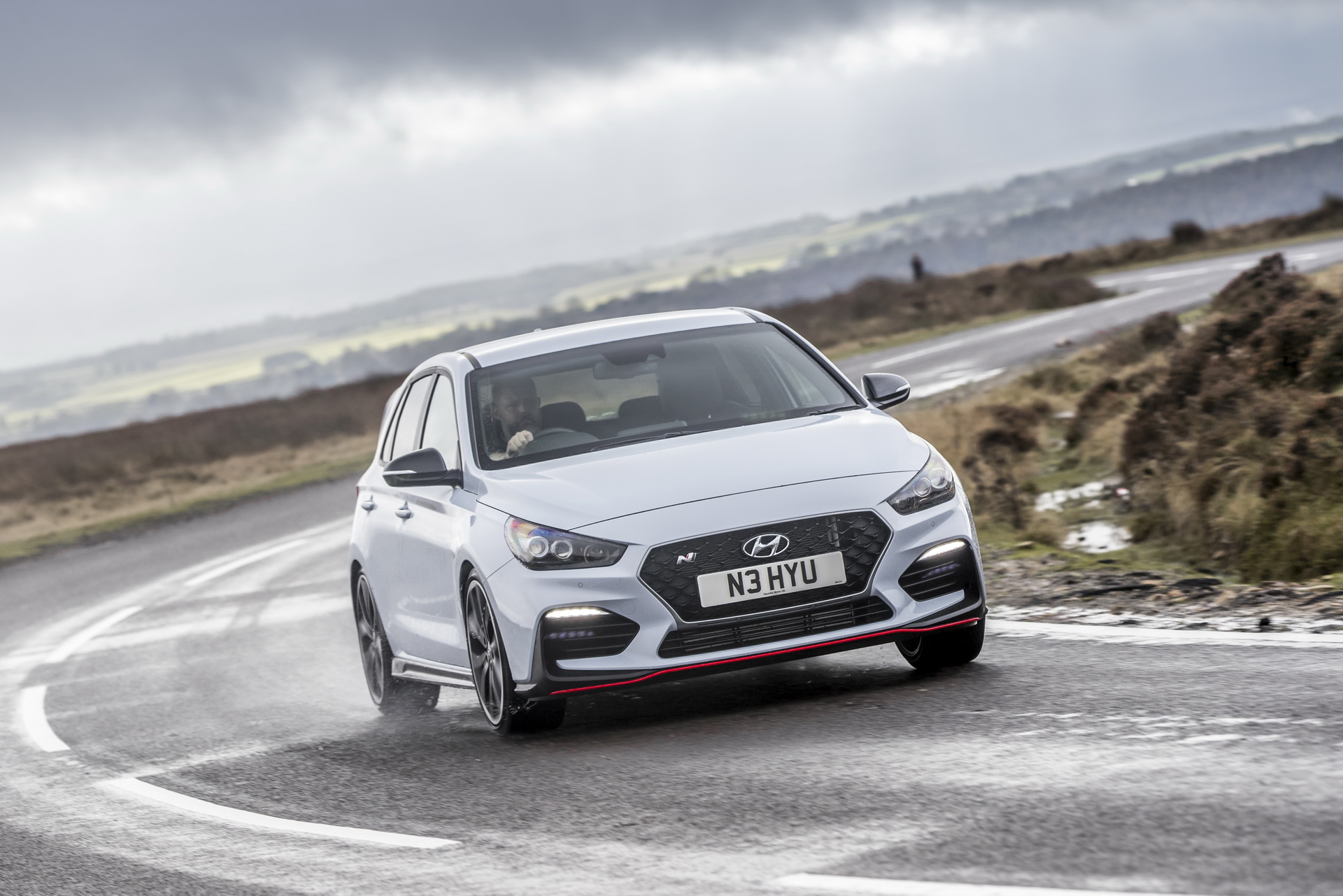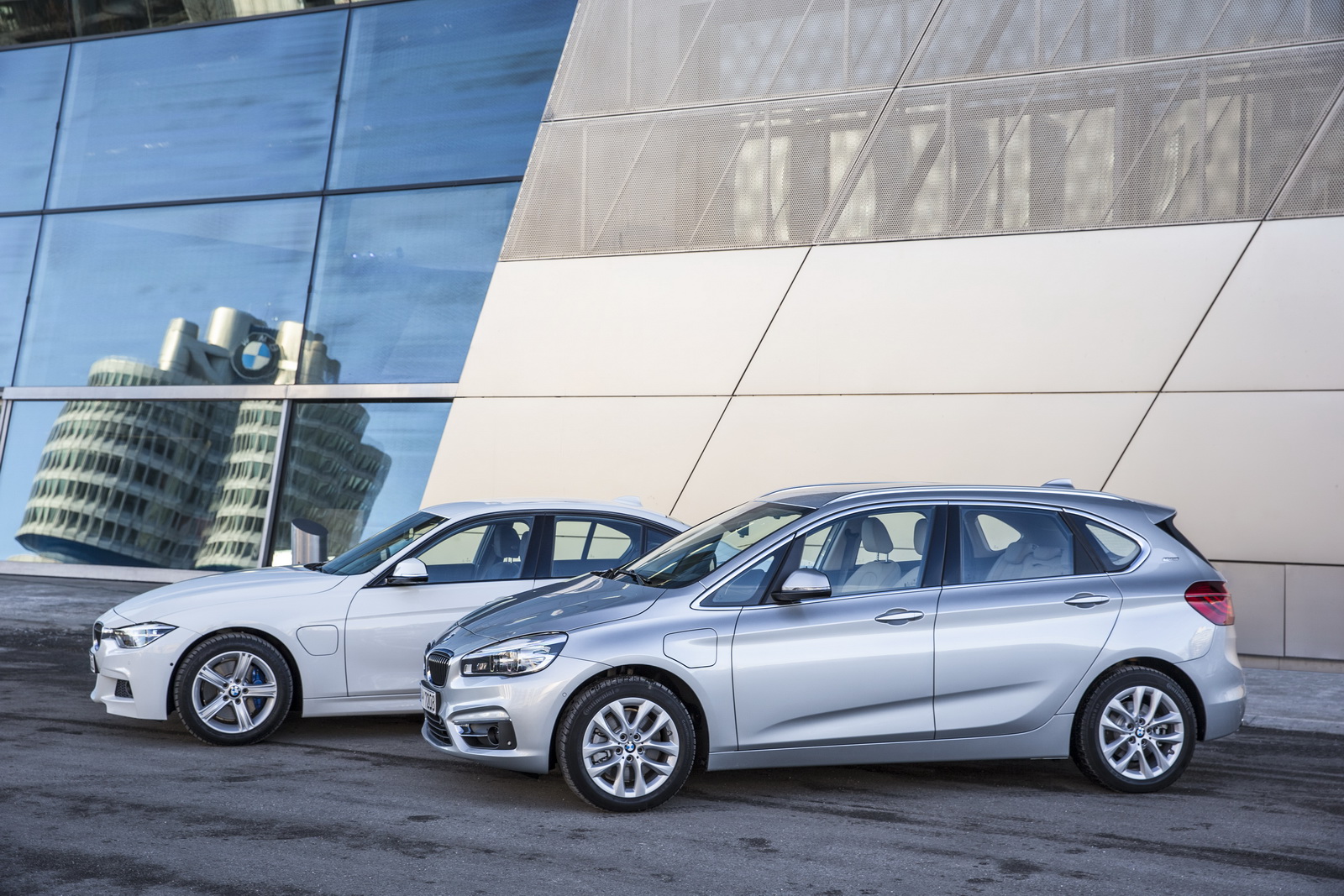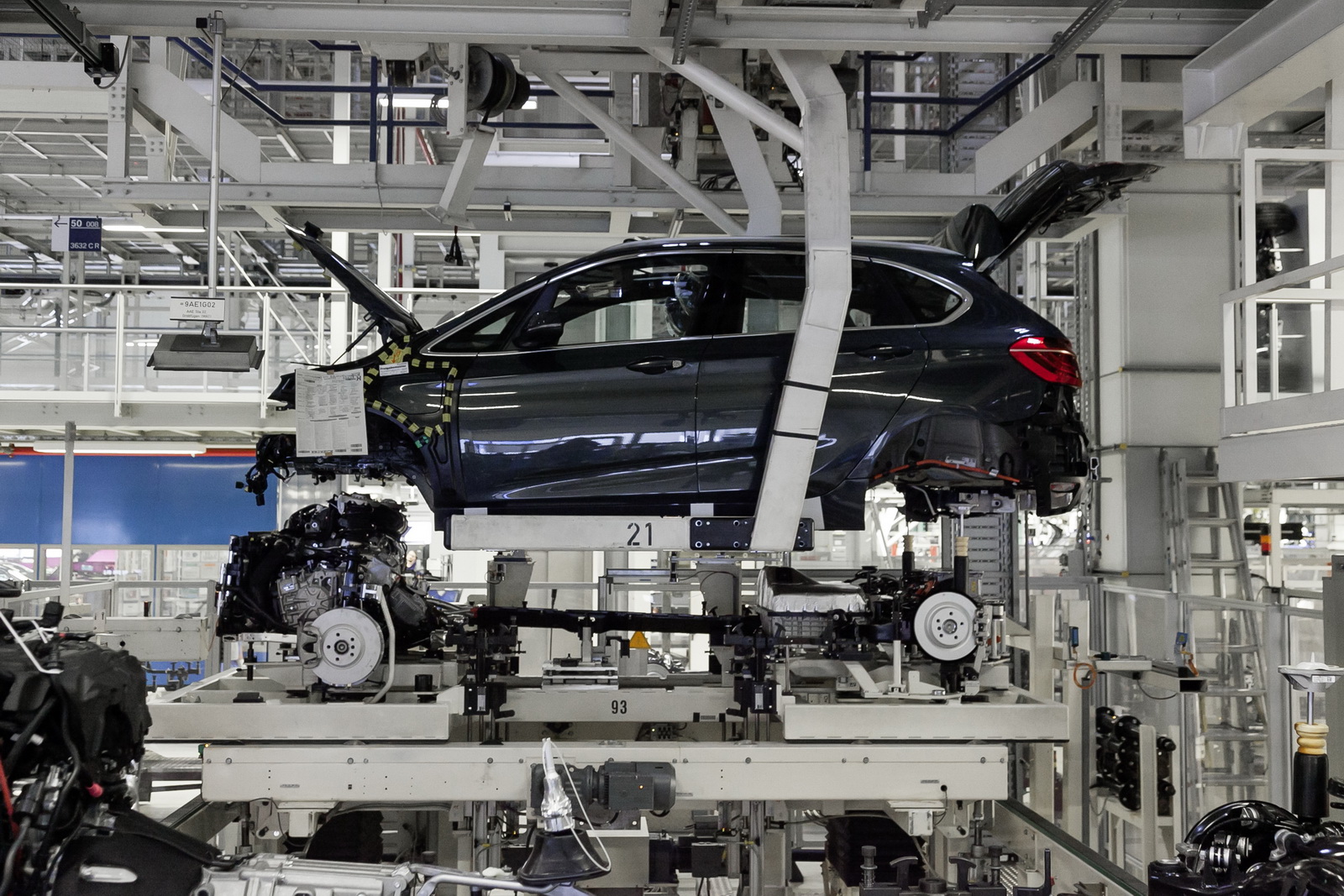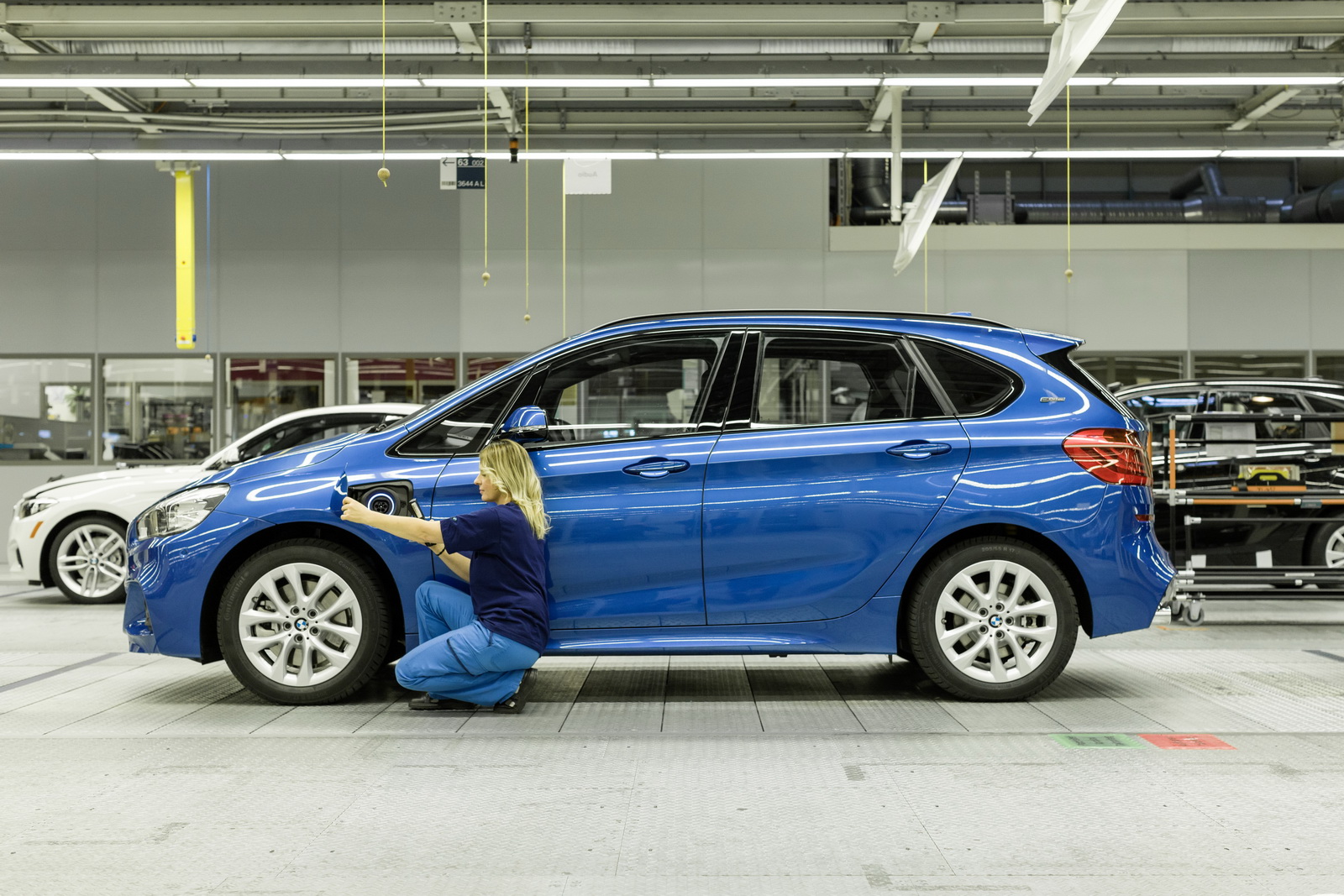You can add BMW and Hyundai to the growing list of automakers expressing deep concern at auto import tariffs proposed by President Donald Trump.
In a letter addressed to U.S. Secretary of Commerce, Wilbur Ross, BMW said that tariffs of up to 20 per cent would hurt domestic jobs and investments. Additionally, the German manufacturer said that there is no correlation between U.S. national security and the domestic manufacture of automobiles.
BMW asserts that tariffs will make production locations outside the United States more competitive. Additionally, U.S. tariffs will inevitably lead to retaliatory measures from both China and the European Union.
“All of these factors would substantially increase the costs of exporting passenger cars to these markets from the United States and deteriorate the market access for BMW in these jurisdictions, potentially leading to strongly reduced export volumes and negative effects on investment and employment in the United States,” BMW said.
Similarly, Hyundai provided a similar forecast of how the tariffs will hurt the auto industry, saying that they will be “devastating.”
The South Korean submitted a similar letter to the U.S. Department of Commerce in late June. In it, Hyundai says tariffs “would not only harm Hyundai Motor’s U.S. business operations and the American workers and communities the company supports, but it would also jeopardize Hyundai Motor’s plans for additional U.S. investments.”
Hyundai says that it employs 25,000 workers in the United States and through its dealership network, provides another 47,000 jobs. Additionally, the marque says it has invested about $8.3 billion in the country and with Kia, plans on spending $3.1 billion in the U.S. in the coming years to 2021.



